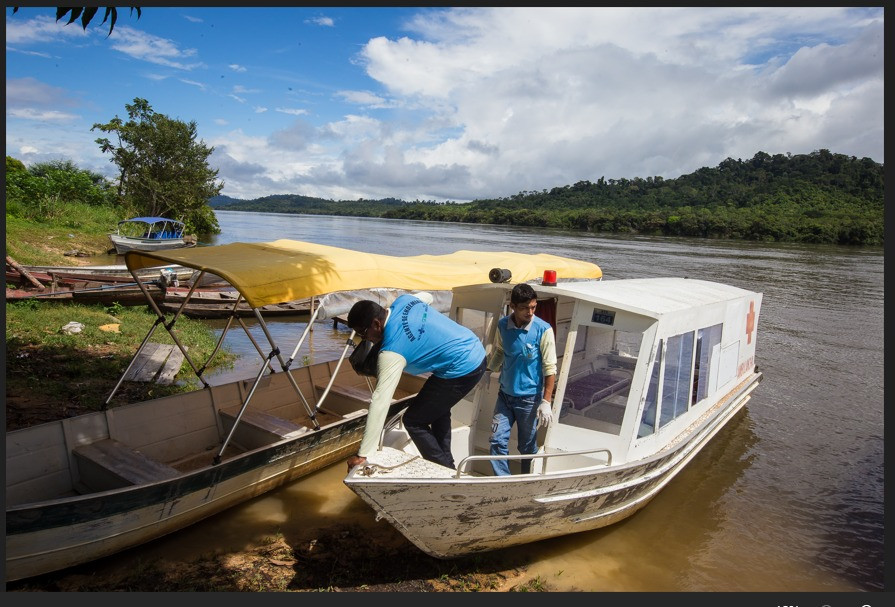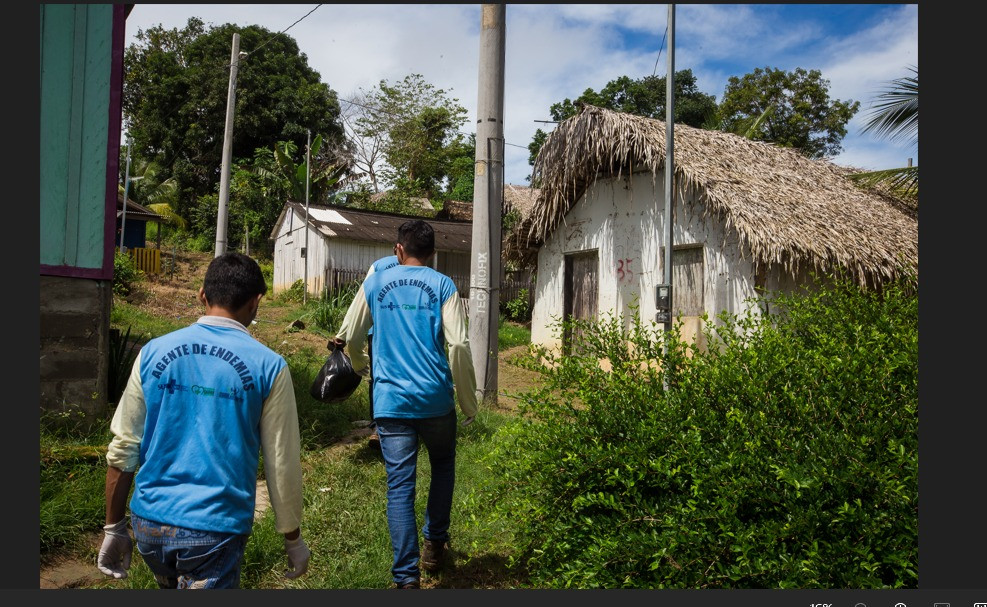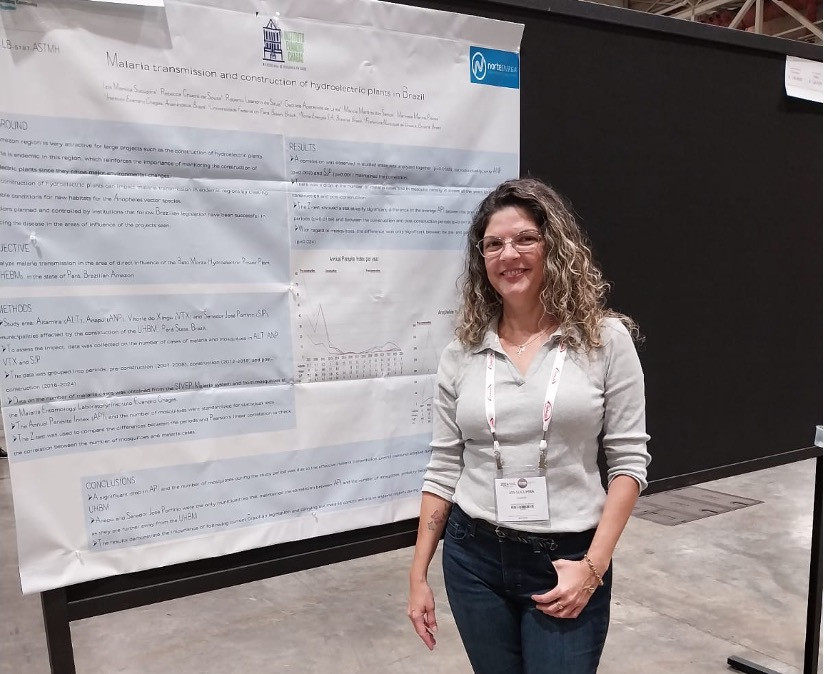ASTMH Annual Meeting 2025
blogMalaria Control Program Achieves 99% Reduction in Cases Across Brazilian Amazon Cities
By: Norte Energia

Malaria, a disease that affects 249 million people globally each year and claims over 608,000 lives, remains a significant public health challenge. In Brazil, however, an innovative initiative is changing the narrative. The Malaria Control Action Program (PACM in Portuguese) has achieved remarkable success in reducing malaria cases by up to 99% across six cities in the Brazilian Amazon, including Altamira, the largest municipality in the country in terms of territorial extension.
Considered a success story by the
Oswaldo Cruz Foundation (Fiocruz), the program was developed by Norte Energia,
the company responsible for operating the Belo Monte Hydroelectric Plant, the
largest 100% Brazilian plant. These outstanding results were showcased at the
2024 Annual Meeting of the American
Society of Tropical Medicine and Hygiene (ASTMH) in New Orleans, USA.
Researchers from the renowned Evandro Chagas Institute (IEC) presented the
findings, underscoring the transformative impact of this initiative.

A Comprehensive Approach to Malaria Control
Since its launch in 2011, the PACM has implemented wide-ranging measures to combat malaria in the municipalities of Altamira, Anapu, Brasil Novo, Senador José Porfírio, Vitória do Xingu, and Pacajá. Developed in partnership with local and state health authorities, as well as indigenous health organizations, the program invested approximately 46 million Brazilian reals in infrastructure, equipment, and personnel.
Key actions included:
- Donations of furniture and medical equipment for health centers
- Donations of Long-Lasting Insecticidal Nets (LLINs)
- Acquisition of vehicles such as ambulances, motorcycles, and boats to improve mobility in remote areas
- Provision of medications and diagnostic tools
- Hiring of endemic disease agents and nurses to strengthen local healthcare networks
This holistic approach, aligned with Brazil’s Ministry of Health guidelines, not only reduced malaria cases but also left behind a robust health system capable of sustaining prevention and control efforts.
The numbers speak for themselves. According to Brazil's Epidemiological Surveillance Information System (Sivep), the region experienced a dramatic drop in malaria cases, from 10,838 in 2011 to just 875 in 2023. In Pacajá, a city of 42,000 residents, cases fell from 4,563 in 2011 to a mere 58 in 2021.
This milestone represents a shift in risk classifications: all six municipalities involved have transitioned from high to low-risk malaria zones.
“The program demonstrated that it is possible to implement effective measures to control diseases like malaria, leaving a legacy of structured health systems for municipal management,” explained Izis Sucupira, a coordinator of the program.

A Model for Endemic Regions
The program’s success has not gone unnoticed. Norte Energia extended its partnership with environmental agencies such as Ibama from 2021 to 2023 to sustain the initiative in key municipalities.
Bruno Bahiana, socio-environmental superintendent of Norte Energia, emphasized the program's broader potential: “The measures implemented here could be replicated in other regions of Brazil where malaria is endemic. This is more than a health initiative — it’s a catalyst for regional development and social improvements”.
Initiatives like the PACM matter because it proves that collaborative efforts, substantial investments, and innovative strategies can turn the tide against this age-old disease. To maintain malaria control in the region, it is also essential for public authorities to continue this legacy that has been established.
Malaria remains endemic in regions such as Africa, South Asia, and northern Brazil. According to the World Health Organization (WHO), global cases increased by 5 million from 2021 to 2022, with Brazil alone accounting for 129,000 cases and 50 deaths.
Related Posts
By: Matthew Davis, Burness